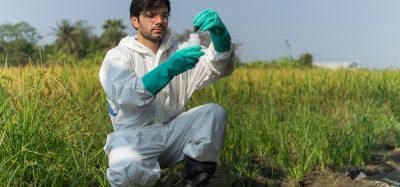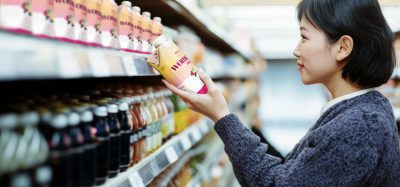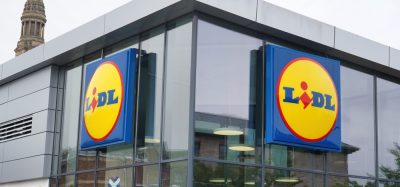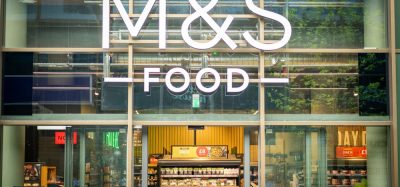Climate-friendly caffeine: sustainably sourcing Selecta coffee
Posted: 10 May 2023 | Grace Galler | No comments yet
Alicia Fieldhouse sits down with New Food to discuss why Selecta, a leading supplier of coffee, is interested in where its coffee comes from, who grows it, and how it gets from farm to cup.


Since it was founded in 1957 in Switzerland, self-service distribution network Selecta has expanded its coffee network, so much so it now available all across Europe.
Back in 2017, Selecta completed its acquisition of Pelican Rouge, a long established coffee services and vending company. This business move allowed for on-the-go coffee distribution within workplaces, as well as in hotels, restaurants and cafes.
Since then, a renewed brand focus has been established that the Selecta hopes will allow sustainably produced coffee to reach consumers all across Europe. Talking to New Food about the developments of business partnership, as well as the importance of sustainable sourcing and consistent innovation, Alicia Fieldhouse, Client Solution Specialist Coffee Expert at Selecta discusses exactly what it takes to achieve the perfect, climate-friendly blend.
Tell us a little bit of background about Selecta and its Pelican Rouge Coffee?
Alicia Fieldhouse (AF): Selecta is the largest national vending supplier and has been the leading UK supplier of premium quality workplace refreshments for over 25 years.
We serve premium coffee and beverages, snacks, and fresh meals to more than 10 million people in 16 countries across Europe every day and are committed to creating millions of moments of joy for our clients and their consumers.
In 2017, Pelican Rouge was acquired by Selecta Group, marking the start of an exciting new chapter and significant joint opportunities as a leading European operator. With more than 150 years of craftsmanship, Pelican Rouge is a specialist in roasting and packaging coffee and instant ingredients. With a large network of distributors, Pelican Rouge operates in 65 countries, supplying private-label coffee and ingredients for the capsule market.
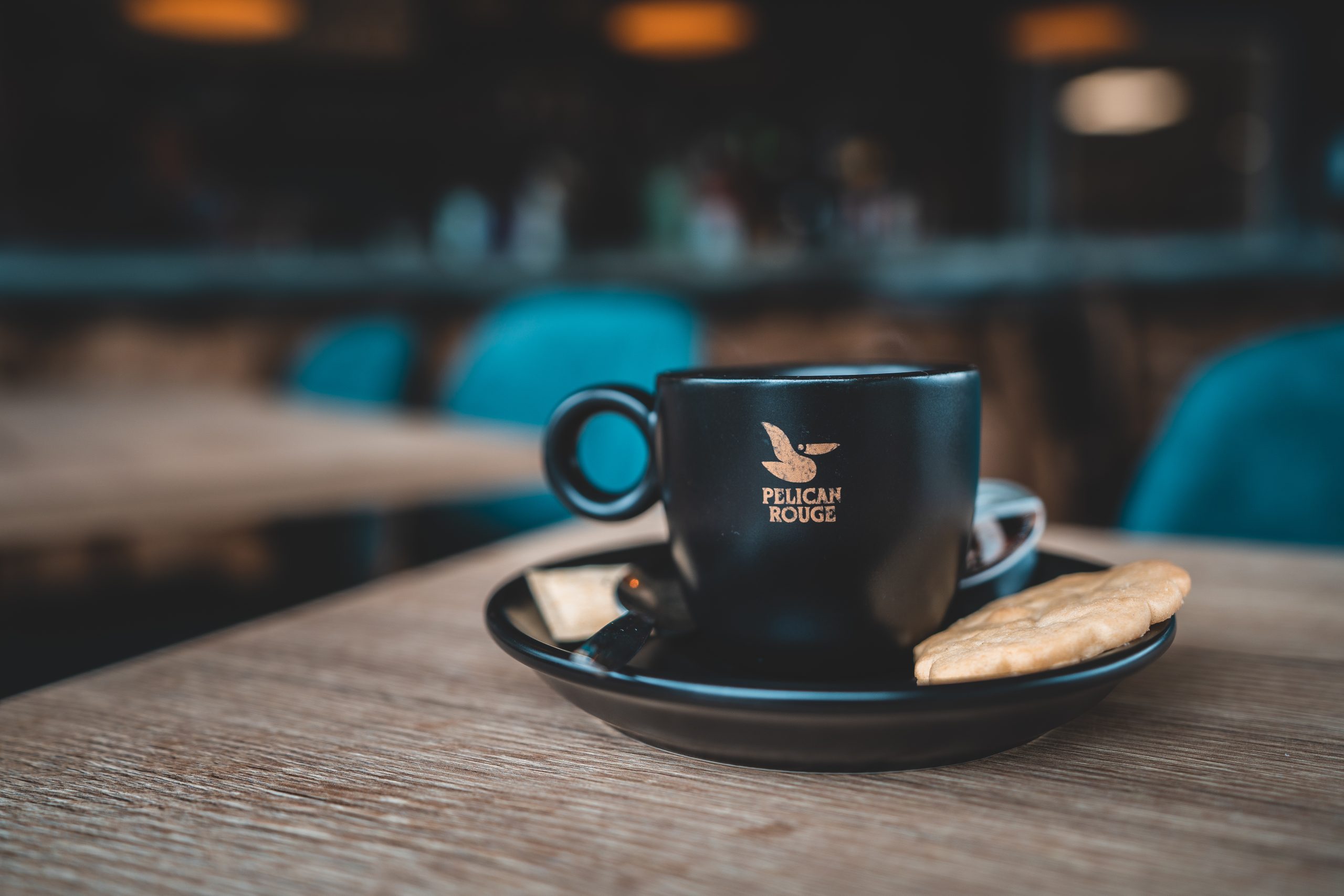

Pelican Rouge is a coffee brand that was established in 1863. In 2017 Selecta Group acquired Pelican Rouge, a move that Fieldhouse defined as an “exciting new chapter”.
Last year, we introduced 20 new sustainable coffee blends under the Pelican Rouge brand, with the blends set to be relaunched this year and showcased at the London Coffee Festival, Pelican Rouge’s first UK event. From mild and classic to dark roasts, the blends cover the range of taste preferences across the 36 countries where Pelican Rouge is currently sold.
How do you ensure that your coffee is ethically and sustainably sourced, and what certifications do you hold in this regard?
AF: We are committed to sourcing coffee coming from certified farms while supporting supply chain partners and farmers to achieve certification. We acknowledge that certification is an important foundation to address key sustainability issues. Our certified coffee (ground, and instant) is recognised and verified by certification schemes such as Rainforest Alliance, Fairtrade, and Organic.
Pelican Rouge blends are all Rainforest Alliance or Fairtrade certified and come in fully recyclable packaging. Pelican Rouge is committed to making its entire business process more sustainable, reducing CO2 throughout the supply chain, providing transparency in sourcing, and working directly on farm-level programmes to improve the livelihood of coffee farmers.
In addition to a fully certified coffee range, the new Pelican Rouge coffee goes further to deliver sustainability throughout the supply chain. The renewed brand brings together five key sustainability elements: certified coffee, recyclable packaging, reduced CO2 emissions, transparent sourcing, and support for local farmers. By actively developing farm-level programmes, Pelican Rouge is creating a sustainable and stable coffee supply chain.
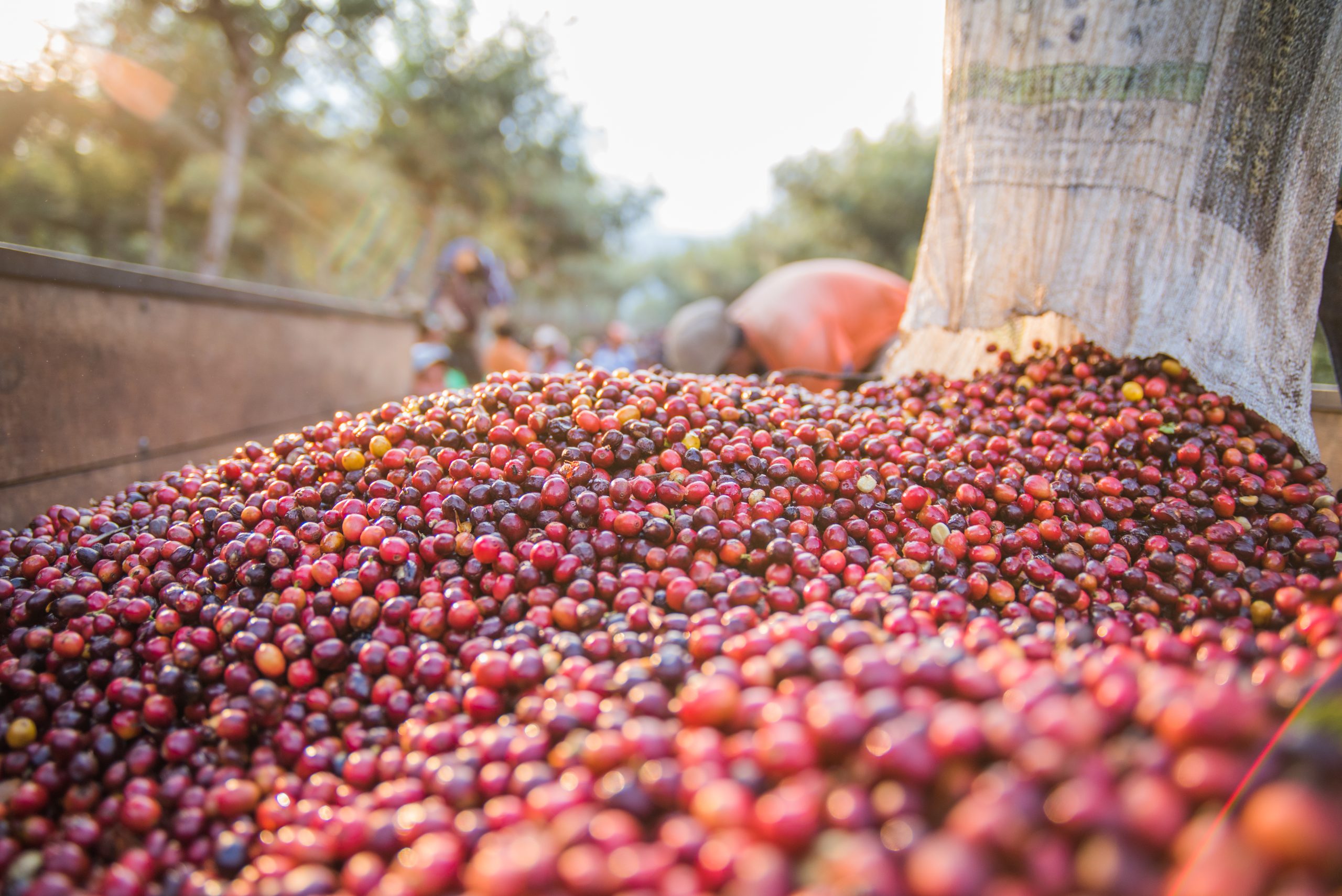

Fieldhouse highlights that Selecta is “committed to sourcing coffee coming from certified farms while supporting supply chain partners and farmers to achieve certification”.
Our Selecta Coffee Fund (SCF) programs enable Selecta to invest in community programs to train farmers in sustainable farming practices, improve farmers’ livelihoods, protect the environment, improve coffee quality and yield, build climate resilience, and tackle social challenges. Every bag of Pelican Rouge coffee contributes to the Selecta Coffee Fund and its projects.
Can you tell us about your sourcing process for coffee beans, and how you select the right beans for your blends?
AF: Selecta is interested in where its coffee comes from, who grows it, and how it gets from farm to cup. Because of this, we’re committed to building meaningful trading relations with our partners and farmers through our long-term collaboration and agreements.
We use traceability systems to increase transparency in our supply chain and showcase the positive social and environmental impact of our coffee sourcing. We started testing and using these systems in 2022 and aim to further expand this approach among coffee trades over time.
Through our partnerships with platforms such as Beyco, a global independent coffee connection and trading platform on blockchain and Rainforest Alliance and Fairtrade archives, we trace Pelican Rouge coffee back to its origin. We collaborate with multiple partners such as traders, cooperatives, washing stations or even individual smallholder farms to increase supply chain visibility.
What steps do you take to ensure consistency in the taste and quality of your coffee for a mass market?
AF: The first step in ensuring consistently good coffee is having a stringent quality check procedure for our green beans. This involves approving pre-shipment samples and stipulating our acceptance parameters, then matching our landed samples to those parameters.
All our coffee is checked on arrival to the roaster before being transferred into the silo system. We are looking for key markers like moisture and defects before it can ‘pass’ and be accepted.
We roast small samples and further taste check the coffee in a cupping. These are essential steps to assure consistency in the final product and flavour profile our consumers will experience. All roasts are profiled and monitored constantly by our technical team and final samples are brewed accordingly to verify their quality.
In addition to the coffee testing, we also quality check our finished goods, with highly automated packing lines to ensure consistency and accuracy throughout the process. There are strict parameters and spot line checks our quality check team have their hands full, but this is essential to success for Pelican Rouge.
Can you tell us about your sourcing process for coffee beans, and how you select the right beans for your blends?
AF: Selecta is interested in where its coffee comes from, who grows it, and how it gets from farm to cup. Because of this, we’re committed to building meaningful trading relations with our partners and farmers through our long-term collaboration and agreements.
We use traceability systems to increase transparency in our supply chain and showcase the positive social and environmental impact of our coffee sourcing. We started testing and using these systems in 2022 and aim to further expand this approach among coffee trades over time.
Through our partnerships with platforms such as Beyco, a global independent coffee connection and trading platform on blockchain and Rainforest Alliance and Fairtrade archives, we trace Pelican Rouge coffee back to its origin. We collaborate with multiple partners such as traders, cooperatives, washing stations or even individual smallholder farms to increase supply chain visibility.
Can you walk us through the production process of your coffee, from bean to cup?
AF: There are two main coffee species. Arabica with its more complex, deep aromatic flavours. And Robusta, with its full-bodied earthy flavour, is higher in antioxidants and caffeine.
Arabica starts its life as a seed. After four to eight weeks, it develops into a seedling. At this stage, the seedling needs to be handled with care making sure the soil remains moist and does not attract too much sunlight.
After nine to 18 months the coffee tree will grow to about 12 inches tall. But it’s still 3 years away from bearing fruit. After six more years, the tree is fully mature, producing fruit and ready to be picked. One tree will typically last for 20 to 25 years, yielding around 2,000 coffee cherries per year.
Once the quality cherries are selected, we next need to extract the coffee beans inside. Two processes are used for this: dry processing and wet processing.
Dry processing involves drying the cherries naturally in the sun. Then the pulp, parchment and dried skin are removed. This can take up to two weeks and the beans must be continuously raked to prevent mildew.
The wet processing method involves putting the cherries in water. If a cherry floats, it’s defective and removed from the batch. The cherries are then pressed by a machine designed to only let the seed and some pulp escape. The remaining pulp is removed and the beans are left to dry.
Machines are used to remove the parchment layer from the wet-processed coffee beans. The dry process involves removing the entire dried husk of the dried cherries. Then, a polishing machine is used to remove any silver skin that is left on after the hulling process.
Before the beans are exported, they are sorted again by size and weight. They are also checked again for colour flaws or other imperfections. Any beans with the slightest imperfection will be removed.
At every stage of coffee production, the coffee is repeatedly tested for quality and taste. This process is referred to as cupping. An experienced cupper can taste hundreds of samples of coffee a day and still taste the subtle differences between them.
Finally, the coffee beans are ready for roasting. When they’re ready, they are removed from the roaster and immediately cooled with air or water. Then they are packaged up and shipped out.
How does your coffee stay fresh and retains quality during storage and distribution?
AF: Coffee is quite picky about how it is stored. We do a lot of testing at the roastery to find out how coffee behaves in different environments and test shelf life. Our packaging is an oxygen barrier which is important to keep coffee from oxidising. We flush our bags with nitrogen to remove any residual oxygen and we use one-way valves to prevent oxygen ingress but still allow the beans to degas naturally. They are then packed into boxes and palletised before shipping to our warehouses.
We advise our clients on the ideal storage for open bags of coffee – cool (but not in the fridge), dark, airtight and away from any strong smells.
How do you balance affordability with quality when producing coffee for a mass market?
AF: The quality of the coffee we buy and roast is important, but we think it is paramount our clients truly understand coffee as a product and the supply chain involved in bringing them their daily cup of joy. So, education will continue to be a huge element of our client conversations going forward, with a real emphasis on the impact the price plays on the livelihoods of our growers and cooperatives.
Biography


Related topics
Beverages, Recruitment & workforce, retail, Supply chain, Trade & Economy, World Food



